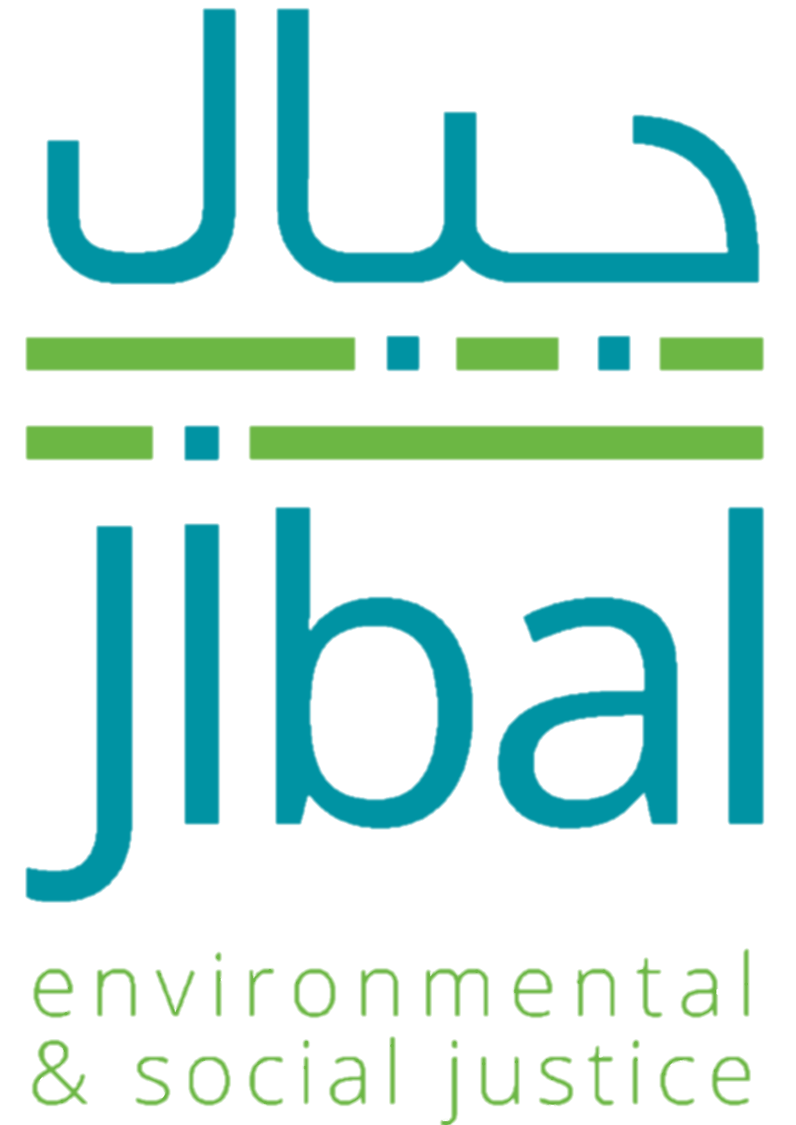Training: Rethinking Our Approaches to Aid and Development/ 15, 16 February 2019
Social work is highly influenced by the existing and available structures of funding, social and political contexts, possible partnerships, and power dynamics. Further, the broader regional context is shaped by the intertwining forces of colonial history and economical dependance. From a practical perspective, these circumstances impact the relational dynamics between stakeholders of social work: beneficiaries, local authorities, NGOs, UN agencies, and funders. These dynamics form power structures, affecting project development, approaches, and results. This training explores social work practice in light of these contextual and relational dynamics, taking a step back to redirect our actions where necessary and to the extent possible.
The training is two days and will include the following:
- Reflection on the objectives of social and aid work, while situating it in the broader history of civil society in Lebanon;
- Exploring topics of stereotypes, privilege, and power dynamics. By reflecting on individual histories and backgrounds and by conducting interactive exercises, personal work, and small group discussions, the participants will be able to reflect on their approaches as actors of social change;
- Analysis of two case studies of concrete projects and practices implemented in Lebanon and Palestine: the analysis will result in a set of recommendations that each participant can use later in his/her work.
- Exploring tools for understanding our roles and interventions with a more equitable and grounded perspective
This training is open to persons working in the field of aid and development. By exploring various tools and sharing experiences, it aims at better understanding power dynamics that emerge and form in the field and at exploring new approaches for interventions. The objective is to enable the implementation of fair and equitable projects for all.
The trainers
Angela Saade:

is a co-founder of Jibal, and also of the French NGO Tabadol, both working on how to build intercultural and diverse societies with equity and social justice at the centre. Throughout the 10 years of work on these topics, she has developed a hands-on experience that enabled her to build strong knowledge and approaches for training and enhancing critical thinking on one’s own work experience. She has developed trainings for youth workers, teachers and journalists on topics related to stereotypes, power dynamics and migration. Angela also worked as a technical advisor on the youth program of the Lebanese NGO Mouvement Social. She holds a master degree in Applied Anthropology and in Engineering. She has experienced exile on a personal level, when she left with her family during the Lebanese war, and when she migrated to France later for her studies. This has put her in a first hand position to analyse the subjects of migration and power dynamics in relation to it.
Hélène Servel:
works on the topics related to social justice and power dynamics, as a trainer, researcher and journalist. Her work experience was in France, Lebanon and Palestine where she has developed several projects, from which youth exchanges on agriculture in Palestine and a research on sociology of foreign press and journalists in the West Bank. She currently leads radio workshops in Arles (Southern France) with schools and community centers in order to create radio shows with children and adults. She is also involved as a trainer in an international workshop on Media and Migration, and is part of the collective Tabadol (tabadol.org) in France. Hélène holds a Master degree in political sociology from the Political Science Institute of Aix en Provence (France). She speaks french, german, english and levantine arabic
Practical Information and Registration
Participation Fee:
- Standard Fee: 160 $
- Reduced Fee*: 110 $
- Solidarity Fee**: 230 $
*The reduced fee is offered to people with salaries under 1,000$/month but still having to pay rent monthly. If you don’t fall under this category and still would like to pay the reduced fee, please contact us. This rate is applicable for a limited number of participants.
**The solidarity fee is optional for anyone who has the economic means and ability to pay a higher rate, making it possible to offer this course for a reduced rate to participants who have limited economic means.
Deadline: 7 February
Contact: here
